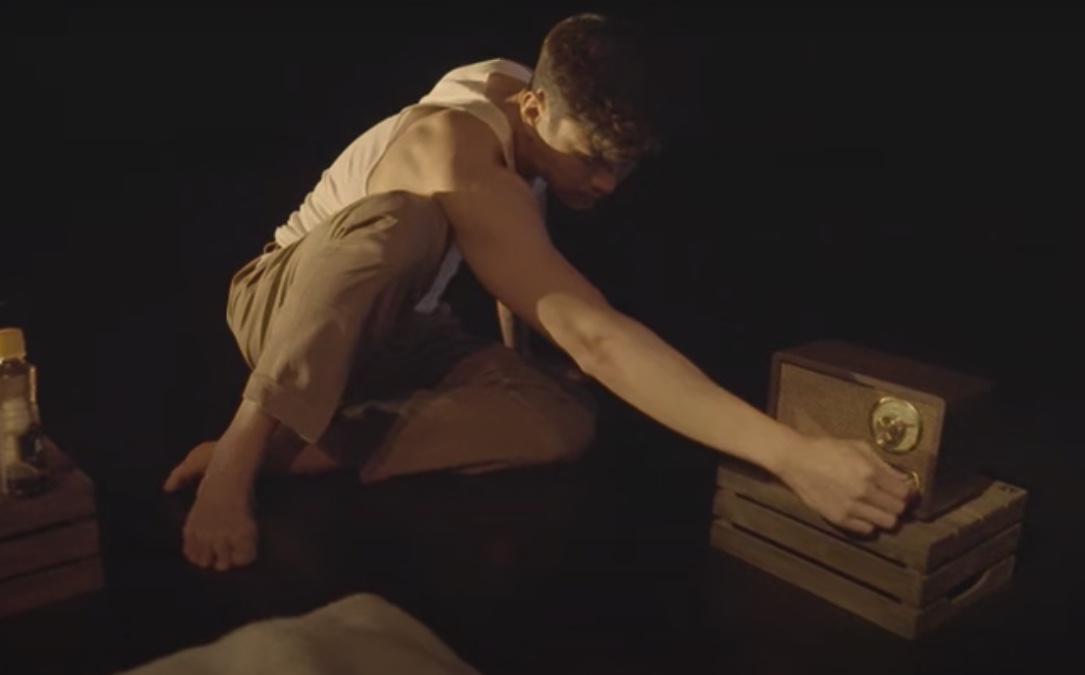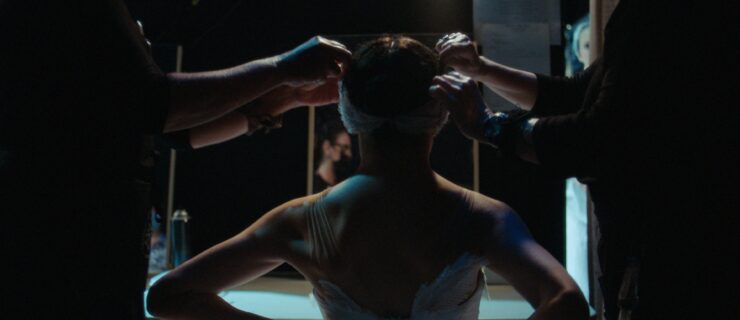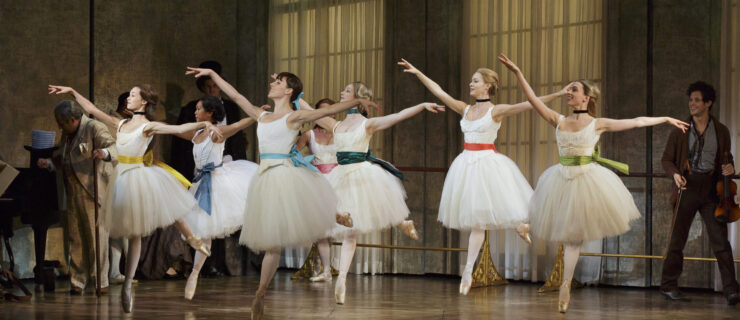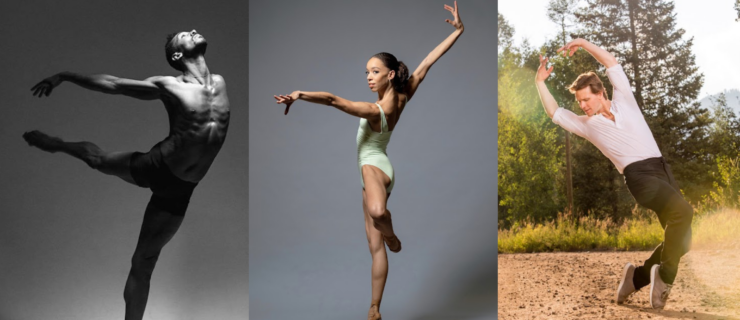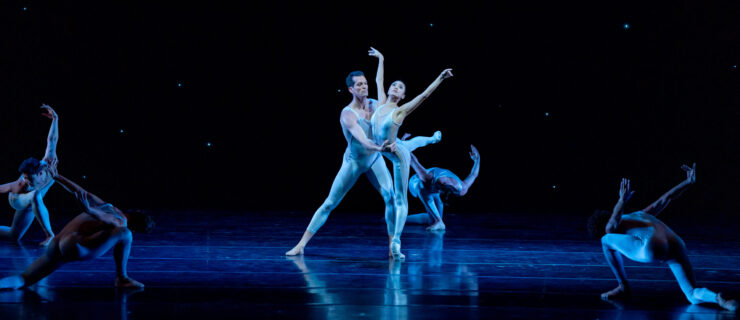Chun Wai Chan Talks About His Role in The New Short Film Never Fade Away
Ballet trailblazer Chun Wai Chan can now add film to his growing list of credentials with his starring role in Never Fade Away. The short film highlights the true story of a young Chinese immigrant, the late Sin-Tzu Weng, who moved to the U.S. in the 1940s to flee Japanese occupation at the beginning of World War II. Chan, the first Chinese principal dancer at New York City Ballet, portrays Weng in two dance segments in the 12-minute film told through narration, music, and movement. Never Fade Away premieres as part of Ariel Rivka Dance’s 15th-anniversary season May 31 to June 2 at New York University’s Jack Crystal Theater. The film was written, directed, and produced by Weng’s daughter, award-winning pianist Donna Weng Friedman.
“I understand the struggle and loneliness when you move to a new country,” says Chan of what drew him to Friedman’s project. “In some ways, I didn’t have to act because it was something I’ve gone through myself.”
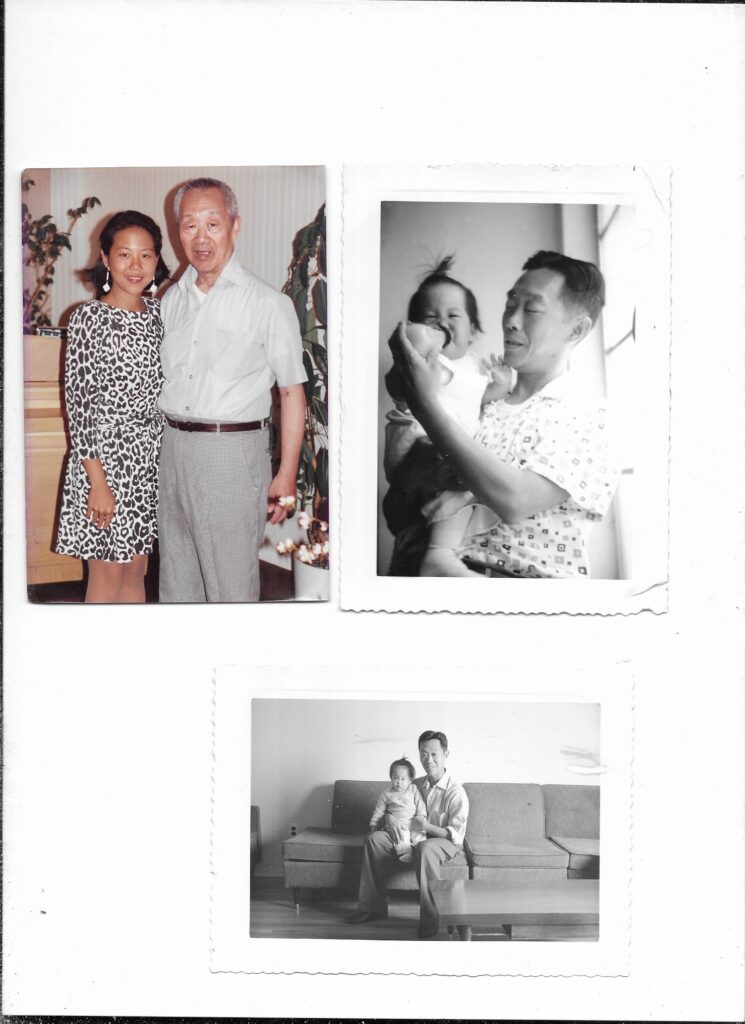
During the 1940s Japanese occupation, Chinese children were forced to learn Japanese language, culture, and history. Weng bravely risked opening an underground Chinese school so local children could continue learning their native subjects. When the Japanese authorities learned about the school, they shut it down and imprisoned Weng. He was secretly released one night by a Japanese guard who happened to have a Chinese wife and a son who attended Weng’s school. “He warned [Weng] to leave the country and not come back, so that’s what he did,” says Friedman. Weng arrived in Manhattan in his early 20s with no money and speaking little English. He eventually settled in Queens, where he met Rosalta Li, who would become his wife and Friedman’s mother. Through sacrifice and hard work, Weng drew upon his education in chemical engineering from China and later created his own business in the U.S., Benelite Corporation of America.
During the pandemic in 2021, to celebrate what would have been Weng’s 100th birthday, Friedman began sharing her father’s story and performing a special piano waltz online that was meaningful to both of them, Frédéric Chopin’s waltz in C-sharp minor.
“When things started opening up, I started performing the piece at concerts in person, and many resonated with his story,” says Friedman. “That’s when someone said I should make a film about him to reach more people. I also felt having the waltz choreographed would make it even more beautiful, since dancing, like music, is a universal language.”
Friedman connected with Chan through a mutual friend, Alan Moverman, who is currently a pianist for NYCB. Chan was immediately interested in the project after learning about Weng and seeing the parallel with his own life.
“[Weng] saved money to buy a radio when he was in the U.S., and listening to music gave him a spark of hope in life,” says Chan. “To this day, my whole family is still in China, but dance has given me so much hope.”
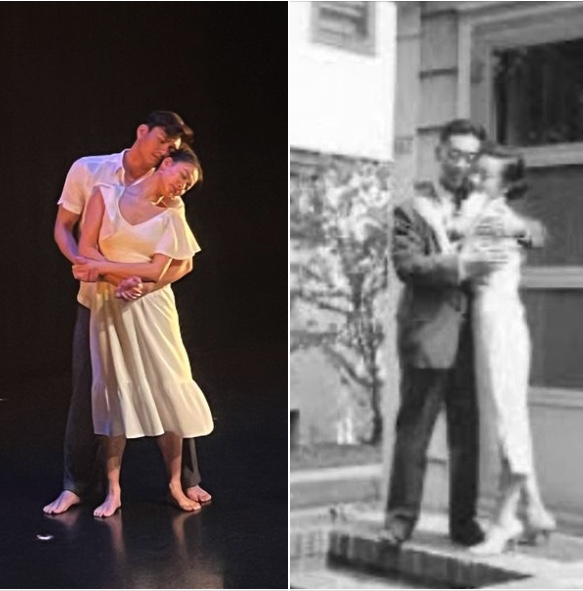
The dancing appears midway through the film and lasts until the end, beginning with a solo improv dance by Chan depicting the hardship of Weng’s early days after arriving in the U.S., living in a basement, and eating only one meal a day: sesame oil and peanut butter with rice. The film culminates in a pas de deux choreographed by Ariel Rivka Dance founder Ariel Grossman. Chan dances with Xiaoxiao Cao, who portrays Friedman’s mother. It was a special partnership since Chan and Cao both attended the Guangzhou Art School in China but had never danced together before. Cao, formerly a dancer on Broadway as well as with the Suzanne Farrell Ballet and Metropolitan Opera Ballet, immigrated to the U.S. from China in 2012.
For Chan, sharing stories like Weng’s is timely and poignant, since May is AAPI Heritage Month and especially considering the violence the AAPI community has faced in recent years.
“Doing this film, I hope everyone will understand that every person has a story and that they deserve to have the dream they are chasing,” says Chan. “We should celebrate whoever has made it to this country and made their dreams come true. Rather than being excluded, we should embrace the uniqueness and differences. We shouldn’t have any you or me; it’s just us.”
